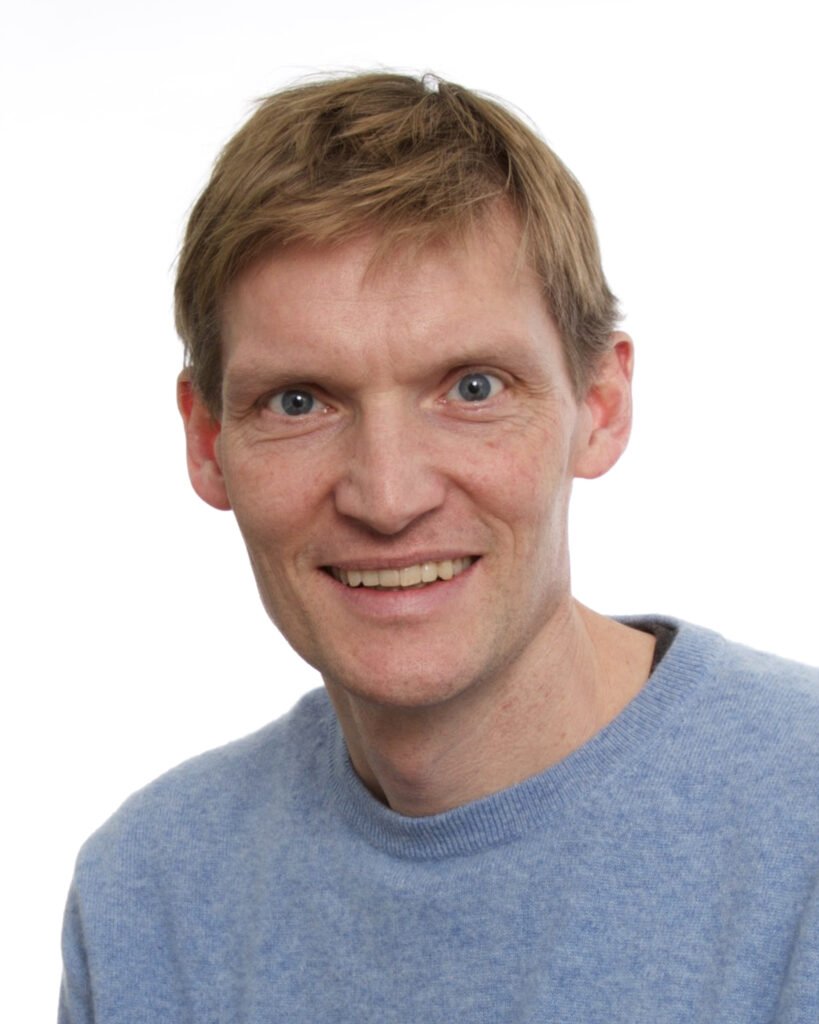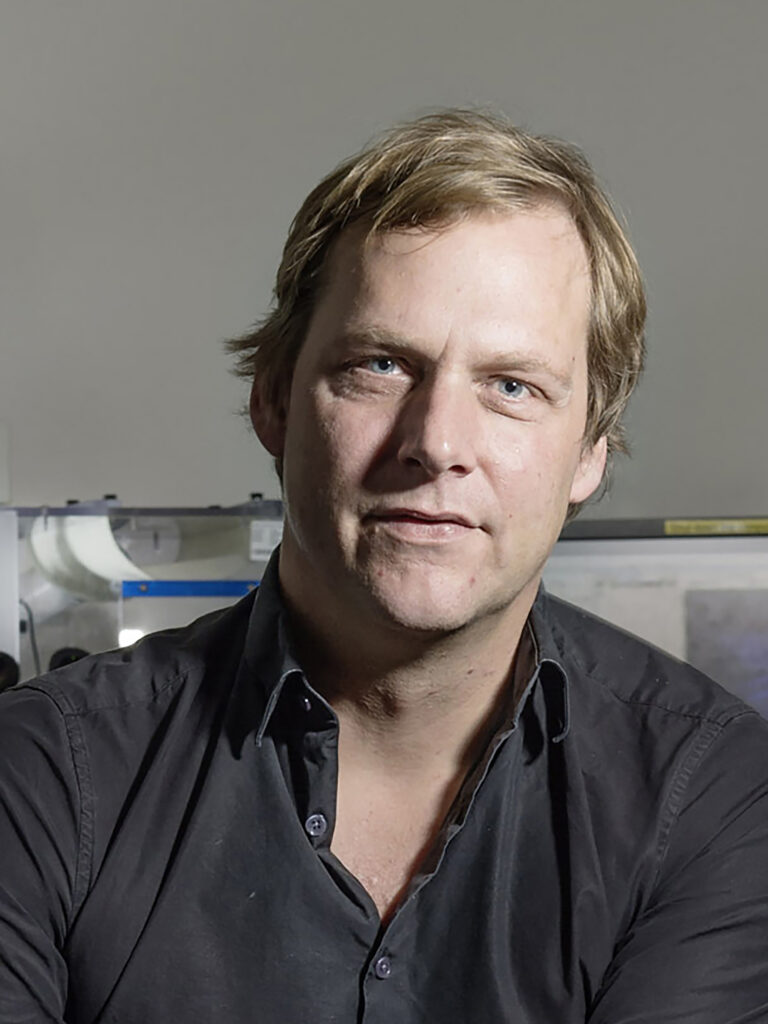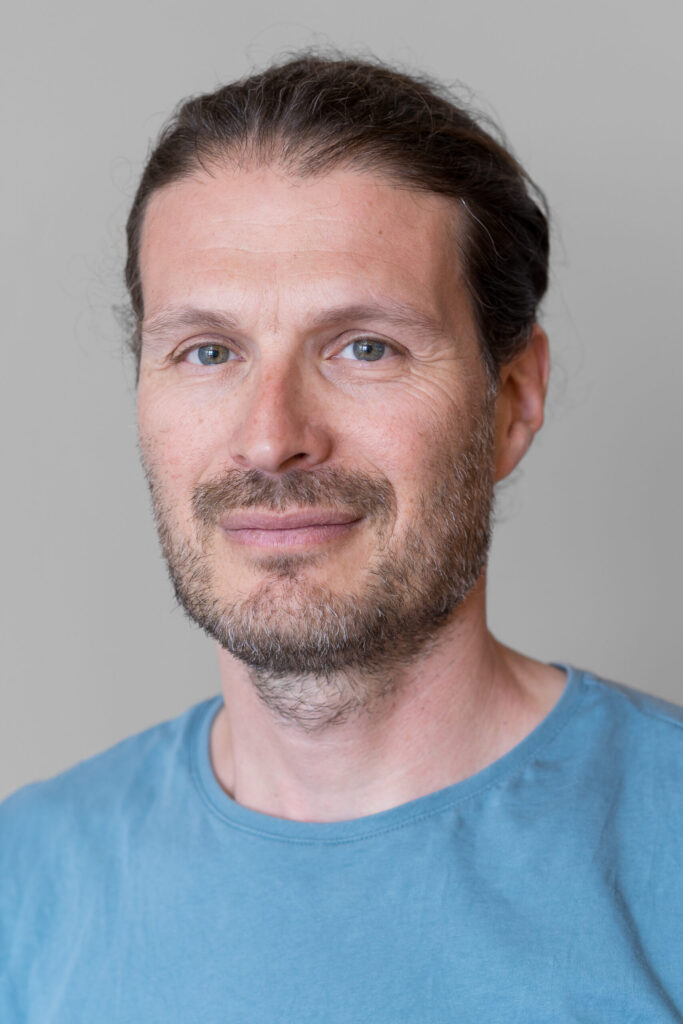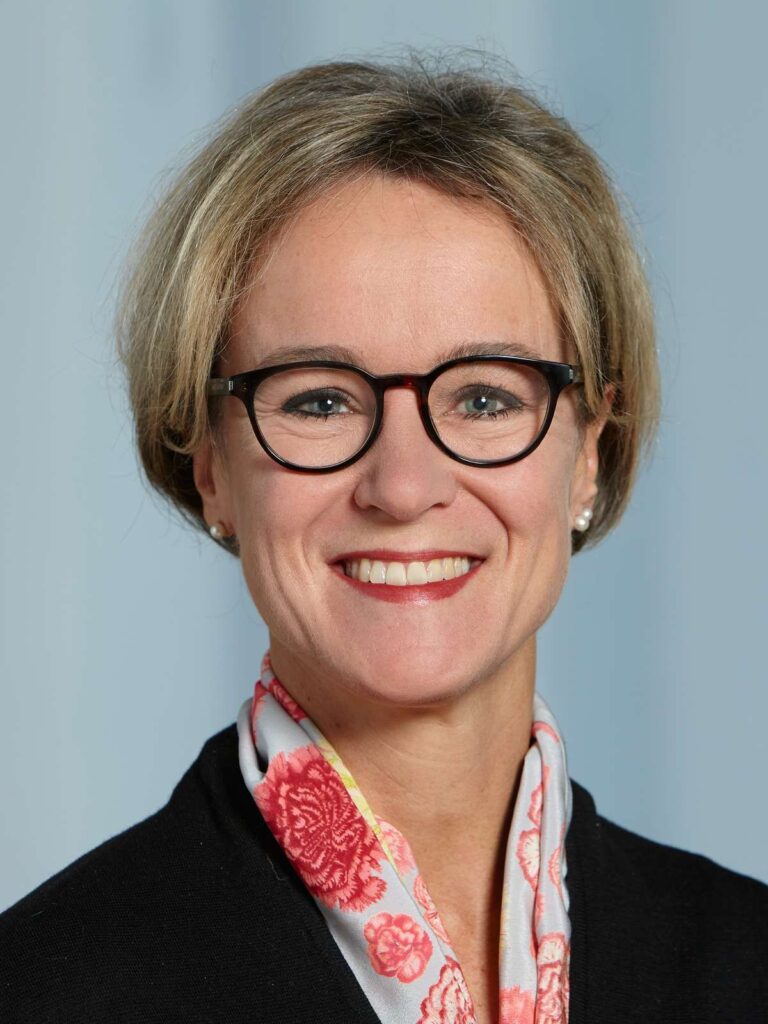Cloëtta Prize
The Prof. Dr. Max Cloëtta Foundation awards an annual prize. It serves to honor Swiss and foreign personalities who have rendered outstanding services to specific areas of medical research.
The prize is usually awarded in November. The Foundation Board is responsible for the awarding of the prize and, if necessary, seeks the opinion of independent experts.
The next price ceremony will take place on Friday, 29 November 2024.
Since 1974, the Golden Book of the Foundation has honored the prize winners with a calligraphed page bearing their original signatures. Please take a look at some of the pages: The Golden Book
Cloëtta Prize 2023 awarded to researchers from Basel and Zurich
The Prof. Dr. Max Cloëtta Foundation awarded the 2023 Cloëtta Prize to two prestigious scientists. Prof. Dr. Christoph Hess, Chief Physician at the University Hospital Basel and Research Group Leader at the Faculty of Medicine of the University of Basel and the University of Cambridge (UK) and Sebastian Jessberger, Professor of Neuroscience and Director at the Brain Research Institute of the University of Zurich each received the scientific prize remunerated with 50,000 Swiss francs.
Christoph Hess is an internationally outstanding leader and a change maker in the field of immunology. The focus of his research is immunometabolism, i.e. the interplay between immunological function and metabolic processes. Specifically, he studies the metabolic basis of translational aspects of of lymphocyte function. The goal of his work is to understand patients suffering from immunometabolic disorders. His studies have led to important insights in the field of immune metabolism and have the potential to pave the way for new therapeutic approaches.
It is the enthusiastic linkage of insights from his basic research with clinical human immunology and patient care that makes his research and resulting contributions unique.
Sebastian Jessberger is an internationally renowned researcher in the field of lifelong neural cell formation (neurogenesis). His group uses an inter-disciplinary approach to study the molecular and cellular basis of neural stem cell biology in the developing and adult brain. His major work includes identifying mechanisms underlying asymmetric stem cell division that contribute to aging, revealing the dynamics of adult neurogenesis using advanced in vivo long-term microscopy, and the role of lipid metabolism in regulating stem cell activity. All of these are ground-breaking discoveries that have had a major impact on the field of research. Currently, his laboratory is using state-of-the-art imaging and genome-based approaches as well as cellular models of human disease using pluripotent stem cells with the goal of improving the understanding of brain stem cell behavior in health and disease.
Professor Jessberger holds a key role in neuroscience due to his research accomplishments, conference organization, broad collaborations, and active participation in discourses.
Cloëtta Prize winners:
2023

Prof. Dr. Christoph Hess
University Hospital Basel, University of Basel & University of Cambridge
Metabolic regulation of T cell function

Prof. Sebastian Jessberger
University of Zurich
New neurons for old brains: mechanisms underlying lifelong neurogenesis
2022

Prof. Dr. Doron Merkler
University of Geneva
Former winners
1997
Dr. Gerard Waeber
Professor Dr. Denis Duboule
1996
Dr. Lukas C. Kühn
Professor Dr. Peter Sonderegger
1995
Professor Dr. Jürg Reichen
Dr. George Thomas jr.
1994
Professor Dr. rer. nat. Hans Rudolf Brenner
Daniel Pablo Lew, Professeur ordinaire de médecine
1993
Dr. Paolo Meda
Professor Dr. Adriano Fontana
1992
Professor Dr. Michel Aguet
1991
PD Dr. Peter J. Meier-Abt
PD Dr. Jacques Philippe
1990
Professor Dr. Martin E. Schwab
Professor Dr. Denis Monard
1989
Professor Dr. Heini Murer
Dr. Hugh Robson MacDonald
1988
Professor Dr. Jean-Dominique Vassalli
PD Dr. Hans Hengartner
1987
Professor Dr. Jacques Louis
Professor Dr. Joachim H. Seelig
1986
Professor Dr. Ueli Schibler
Professor Dr. Walter Schaffner
1985
Professor Dr. Hans Thoenen
Dr. Roberto Montesano
1984
Frau Professor Dr. Heidi Diggelmann
Professor Dr. Jean-François Borel
1983
Professor Dr. Peter Böhlen
PD Dr. Claes B. Wollheim
1982
PD Dr. Jürgen Zapf
PD Dr Jean-Michel Dayer
1981
Professor Dr. Rolf Zinkernagel
Professor Dr. Peter A. Cerutti
1980
Professor Dr. Edward W. Flückiger
PD Dr. Albert Burger
1979
Professor Dr. Theodor Koller
Professor Dr. Jean-Pierre Kraehenbuehl
1978
Dr. Susumu Tonegawa
1977
Professor Dr. Franz Oesch
1976
Dr. Rui C. de Sousa
1975
Dr. med. Hans Bürgi
1974
Dr. med. Urs A. Meyer
